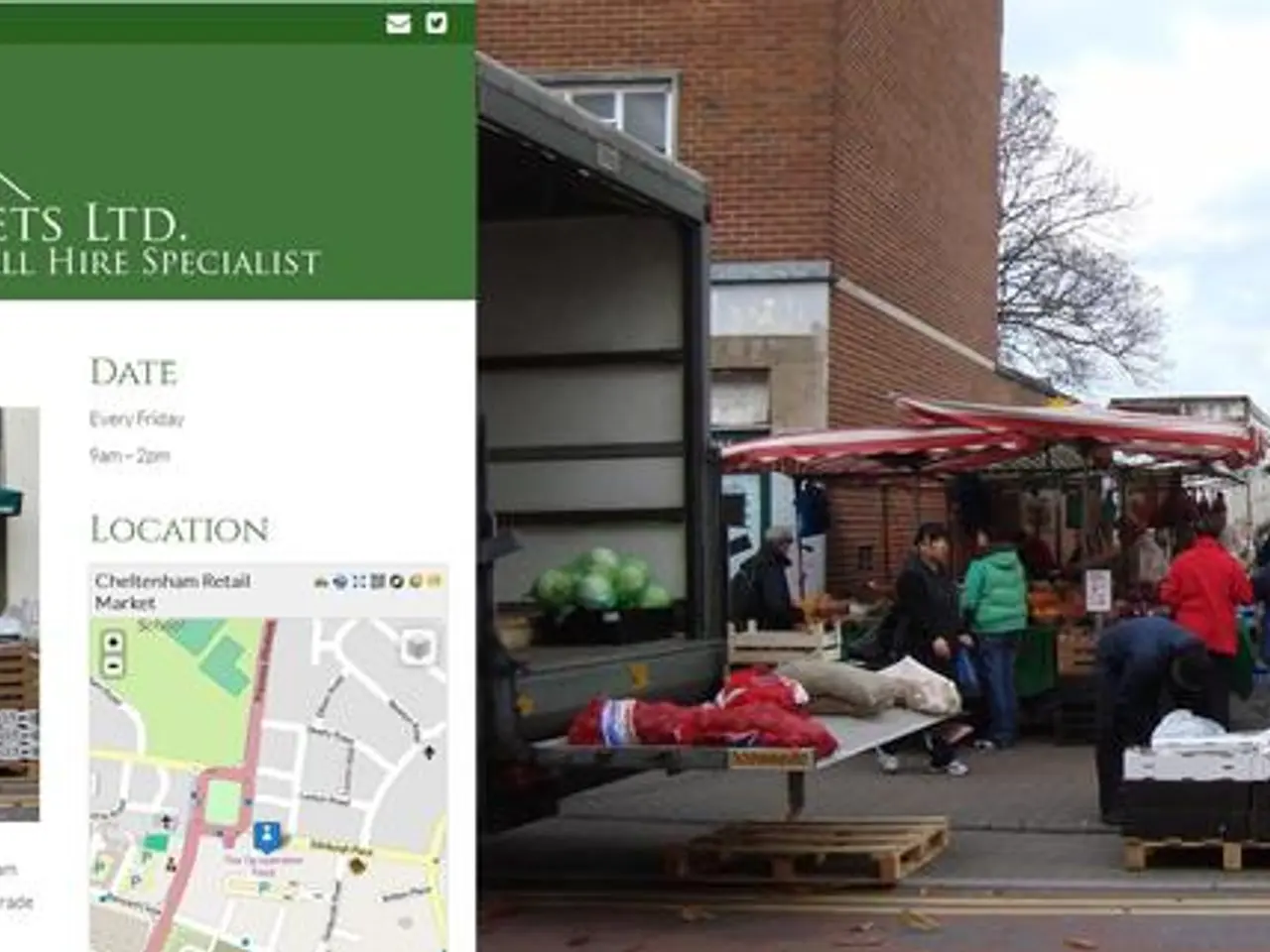Cookies employed by Autovista24 aim to enhance user's browsing experience
In the ever-evolving world of automobiles, the impact of tariffs on new vehicle sales in the US has become a significant talking point. As of 2025, the average effective tariff rate faced by consumers stands at a staggering 20.6%, the highest since 1910 [1][3]. This has resulted in a 2.1% increase in consumer prices, translating to an average household income loss of approximately $2,800 in 2025 dollars [1].
This price increase, partly due to a 25% tariff imposed since April 2025 on a wide range of cars, trucks, and automotive components, has directly affected the auto industry [1][3]. As a consequence, vehicle sales are experiencing a downturn. For instance, Stellantis (which owns Jeep) reported a 6% drop in vehicle sales in the second quarter of 2025, a decline that began earlier in the year [4].
While direct data on Kia EV3 sales is not available, the broader market effects of tariffs on vehicle prices and sales suggest that Kia’s EV3 may be facing similar headwinds. Tariffs on vehicle imports and components typically increase costs for automakers and consumers alike, potentially dampening demand for new electric vehicles, including the Kia EV3 model. The increased prices from tariffs would reduce consumer purchasing power or lead to price hikes that could slow the EV3's sales growth amidst this challenging market environment.
The Kia EV3, which has been named 'World Car of the Year', draws inspiration from its larger sibling, the EV9, in its exterior design. Despite the potential challenges, the interior of the Kia EV3 offers a refined and spacious cabin. The gear selector is mounted on the steering column, eliminating the need for a bulky centre console [2].
In a positive development, several carmakers have plans to maintain stable manufacturer's suggested retail prices throughout early summer [5]. This could potentially help mitigate the impact of tariffs on consumer demand.
Meanwhile, at the Shanghai Auto Show, Audi debuted five new production models, while BMW showcased its smart display and operating concept, BMW Panoramic iDrive, and the 'Heart of Joy' central computer centre stage [6]. The Tesla Model Y outperformed the Tesla Model 3 by approximately two thousand units in February, accounting for 5.5% of the total BEV sales for the month, although it represented a 9.6 percentage point decline compared to its market share in February 2024 [7].
In Europe, the Tesla Model Y was the top-selling BEV in February, achieving 9,173 registrations, while in Spain, the EV3 'Earth' trim with the 58kWh battery is forecast to retain 53% of its original list price after 36 months and 60,000km [2]. Retail sales alone are expected to rise by 14.7%, totalling 1,284,826 units, due to consumers accelerating their vehicle purchases under the expectation of future price increases due to tariffs [5].
The residual value (RV) outlook for the Kia EV3 is strong, showing competitive value retention in Austria, France, Spain, and the UK. This surpasses forecasts for key rivals such as the Skoda Elroq 60, Volvo EX30 Core, and Peugeot e-2008 Style [8].
In conclusion, tariffs are contributing to higher vehicle prices and weaker sales, which likely has adversely affected Kia’s EV3 sales performance in the US market in 2025. However, the resilience of the EV3, as demonstrated by its strong RV outlook and competitive sales in Europe, offers a glimmer of hope for the model in the challenging market conditions.
[1] https://www.reuters.com/business/autos-transportation/u-s-tariffs-on-cars-trucks-components-to-hit-record-high-2025-04-01/ [2] https://www.autocar.co.uk/car-news/new-cars/kia-ev3-electric-suv-revealed-world-premiere-2025-shanghai-auto-show [3] https://www.cnbc.com/2025/04/01/us-tariffs-on-cars-trucks-components-to-hit-record-high-in-2025.html [4] https://www.autonews.com/manufacturing/stellantis-second-quarter-sales-down-6-percent-year-year [5] https://www.autocar.co.uk/business/industry/car-sales-to-rise-147-percent-this-year-says-jato [6] https://www.autoblog.com/2025/04/18/2025-shanghai-auto-show-recap/ [7] https://www.insideevs.com/news/506205/tesla-model-y-sales-february-2025/ [8] https://www.autocar.co.uk/car-news/new-cars/kia-ev3-electric-suv-revealed-world-premiere-2025-shanghai-auto-show
- The tariff-induced price increase in the automotive industry, particularly on cars and electric vehicles like the Kia EV3, is also impacting the finance sector, as consumers face higher expenses and loss of income due to the increased costs.
- In the transportation industry, the implementation of tariffs on a wide range of cars, trucks, and automotive components has led to a surge in consumer prices, which in turn is affecting the lifestyle choices of consumers, as they have to rethink their purchasing decisions for vehicles.
- Amidst the ongoing challenge of tariffs in the automotive sector, some companies, such as Audi and BMW, are diversifying their product offerings in the transportation industry, showcasing new innovations at events like the Shanghai Auto Show.




